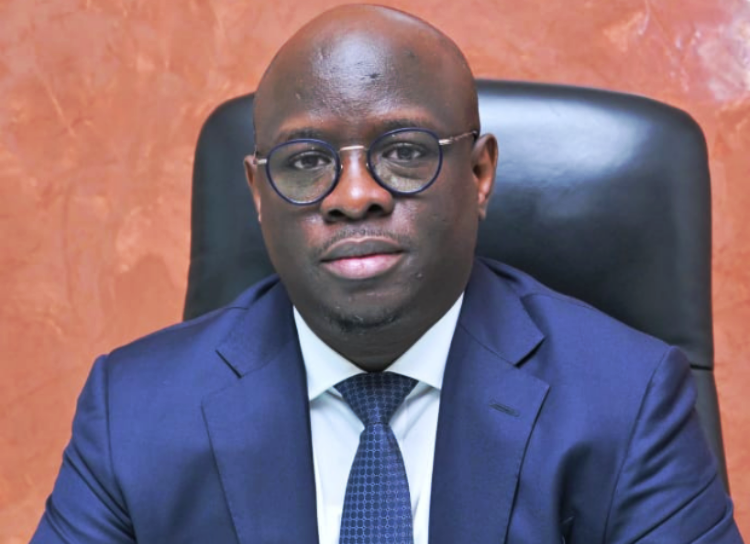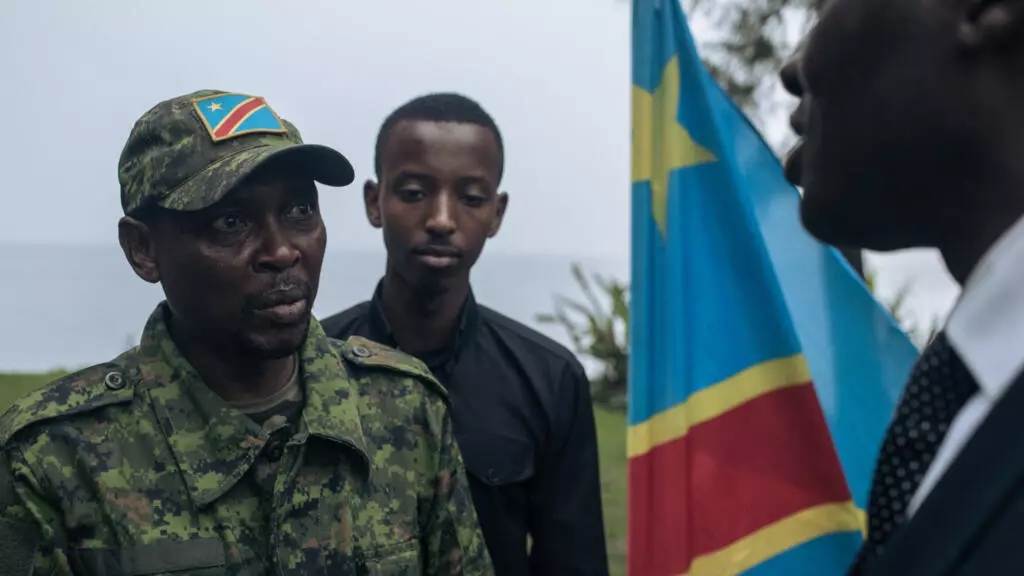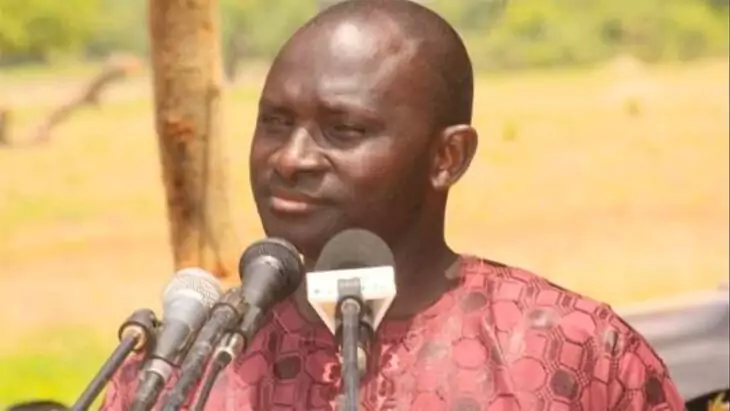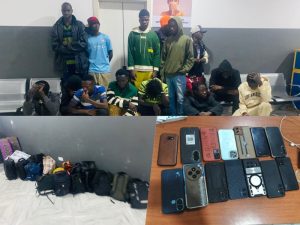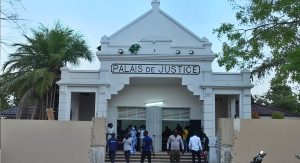In her closing arguments, the Swiss federal Prosecutor Sabrina Beyeler has detailed multiple instances where Ousman Sonko, a former leader in the State Guard and later Minister of Interior in The Gambia must be held accountable for murder, rape, torture, and deprivation of liberty, all allegedly committed in the context of a widespread and systematic attack against the civilian population during the presidency of Yahya Jammeh.
The Prosecutor presented evidence regarding various specific crimes, including the murder of a former State Guard member in January 2000, where Sonko allegedly lured the victim into an ambush and shot him while he was fleeing. The Prosecutor argued that Sonko participated in planning the murder and used his position to advance his career through loyalty to President Jammeh.
Additionally, the prosecutor said Sonko must be found guilty of multiple rapes and sexual violence against the widow of the killed State Guard member between 2000 and 2002, as well as in 2005. The Prosecutor argued that Sonko tortured and raped the victim to suppress any behavior against the regime.
Furthermore, the prosecutor argued that Sonko committed of acts of torture, deprivation of liberty, and sexual violence committed in 2006, as well as involvement in the murder of a politician in October 2011. The Prosecutor stated that Sonko, as Minister of the Interior, played an essential role in the plan that led to the politician’s murder and deliberately acted as a “gatekeeper” for the perpetrators.
Lastly, the prosecutor made the case for Sonko to be held accountable for participating in the repression of a demonstration in April 2016, during which police, prison authorities, and others committed various crimes against the participants, including torture and unlawful detention.
The Prosecutor argued that Sonko’s involvement in these crimes, within a collective of perpetrators, had been sufficiently proven, and that he was hierarchically responsible as Minister of the Interior. The crimes, according to the Prosecutor, should be considered as serious crimes against humanity.
Sonko has denied the charges, but the Prosecutor maintains that there is no reasonable doubt about his criminal responsibility for the alleged crimes.
Prosecutor asks that Ousman Sonko be ineligible for parole
After pleading Ousman Sonko’s responsibility for each and every charge, the prosecutor went on to discuss sentencing. Given the Gambia’s former Interior Minister’s grave responsibility and his involvement in several major counts of crimes against humanity, as shown by the investigation, the prosecutor asked for life in prison. The prosecutor argued that a lenient sentence would not be appropriate in this case, as it would not reflect the severity of the crimes committed.
Swiss law assesses the sentence based on the offender’s culpability, severity of violation, reprehensibility of actions, motives, and ability to avoid serious harm, considering internal and external circumstances, previous life, personal circumstances, and sentence impact.
The prosecutor continued by providing instances of aggravating circumstances. For example, the prosecutor mentioned Sonko’s previous criminal record, the violent nature of the crimes, and the impact on the victims as aggravating factors. The prosecutor emphasized the importance of considering all aspects of the case before determining the appropriate punishment for the crimes committed.
Behavior of Ousman Sonko during the investigation
The prosecutor said that Ousman Sonko’s conduct in the present proceedings was only superficially cooperative. While at the beginning of the proceedings he was willing to provide detailed information on general questions about the system and on questions about his career and performance, as the proceedings progressed, he evaded specific questions, described them as hypothetical, made vague statements, or refused to testify, as is his right. (…). His deliberately disruptive conduct during the investigation can no longer be assessed neutrally due to its scope, duration, and intensity, but must be considered in a somewhat different light.
Confession, insight, and remorse
The prosecutor said all along the trial, Ousman Sonko has continued to deny all charges and has not confessed. Furthermore, he has shown neither understanding nor remorse. Therefore, a reduction of the sentence is out of the question. The non-cooperation, the lack of remorse, the lack of understanding, and the lack of confession therefore have a neutral effect on the sentence.”.
Regarding the trial’s duration as a mitigating circumstance, it ought to be dismissed. From the foregoing, it can be inferred that life in prison is deemed a suitable overall penalty, given the defendant’s guilt for the offenses committed. The prosecutor asserts that international jurisprudence supports the validity of this particular sentence. In fact, Bai Lowe, who drove the Junglers for a number of crimes against humanity, received a life term in jail in Germany in December 2023. In this instance, Ousman Sonko’s involvement in the crimes and his guilt ought to be given far more consideration.
Ultimately, the OAG made specific requests, including that Ousman Sonko be banned from Switzerland for a maximum of 15 years, that the Court decide how to divide the assets that were seized during the investigation, that various items that were found during the investigation be returned to Ousman Sonko or the rightful owners, and that the Court decide what civil claims the plaintiffs should file.





